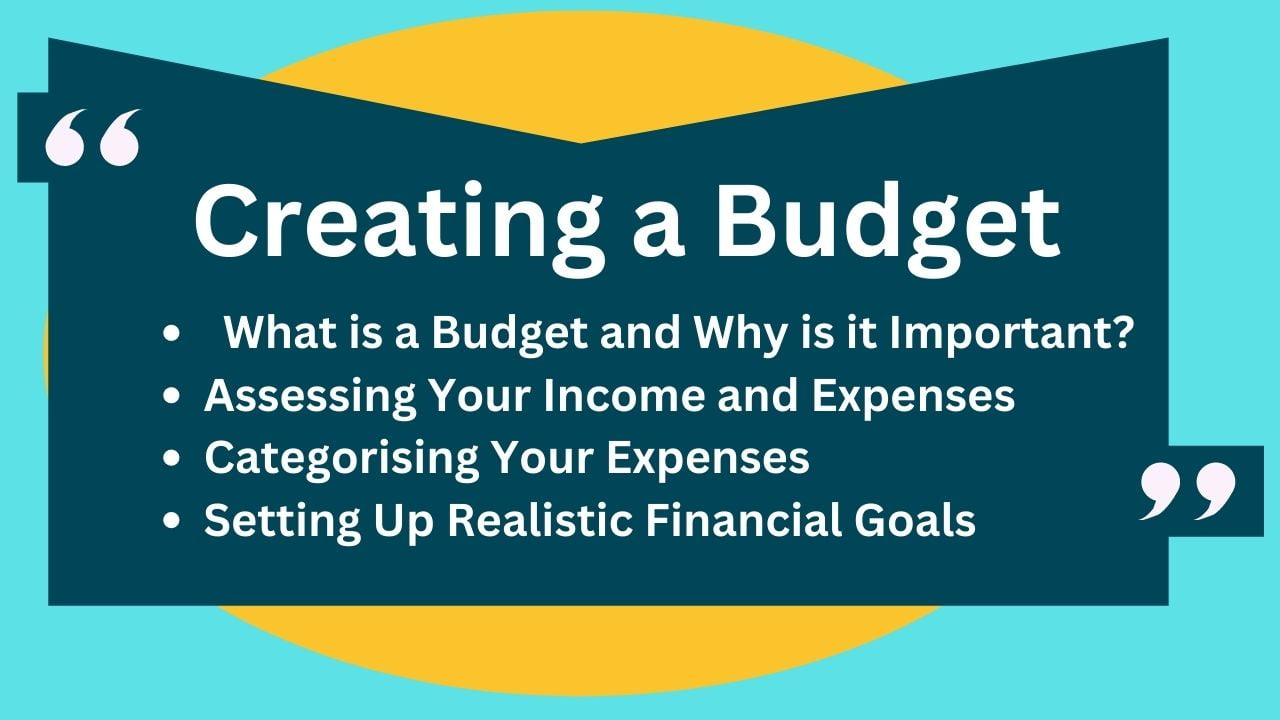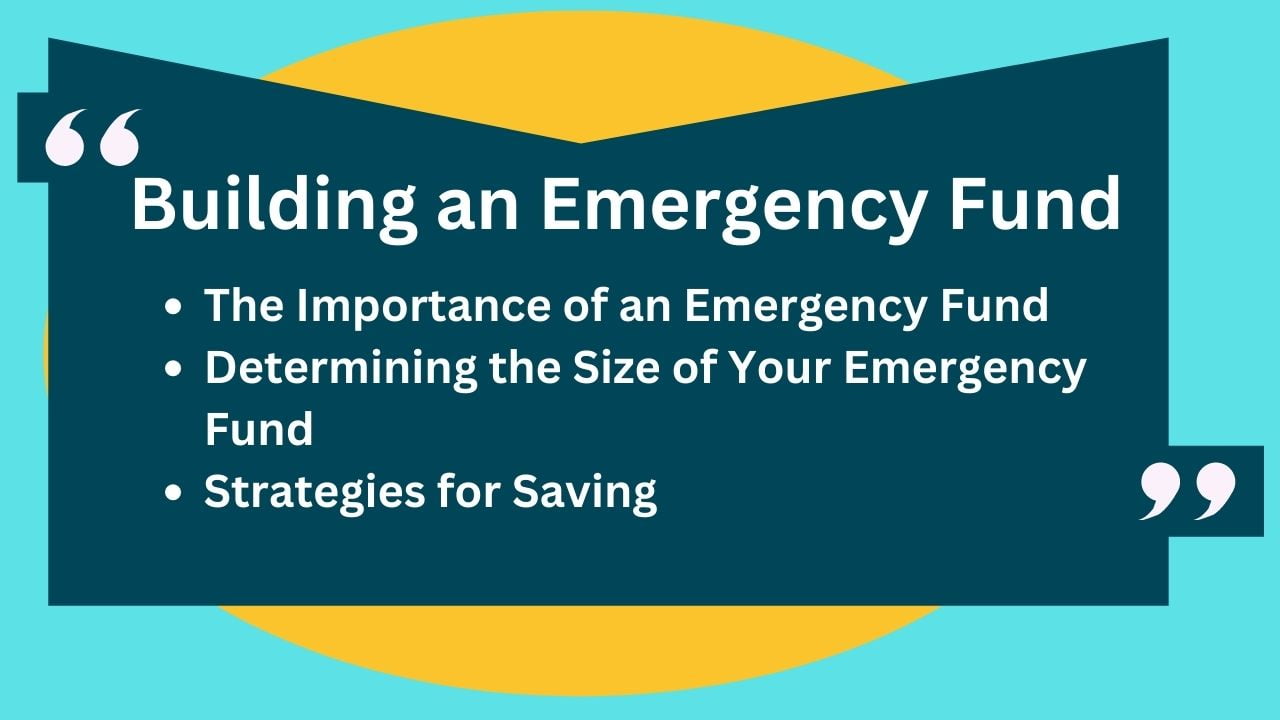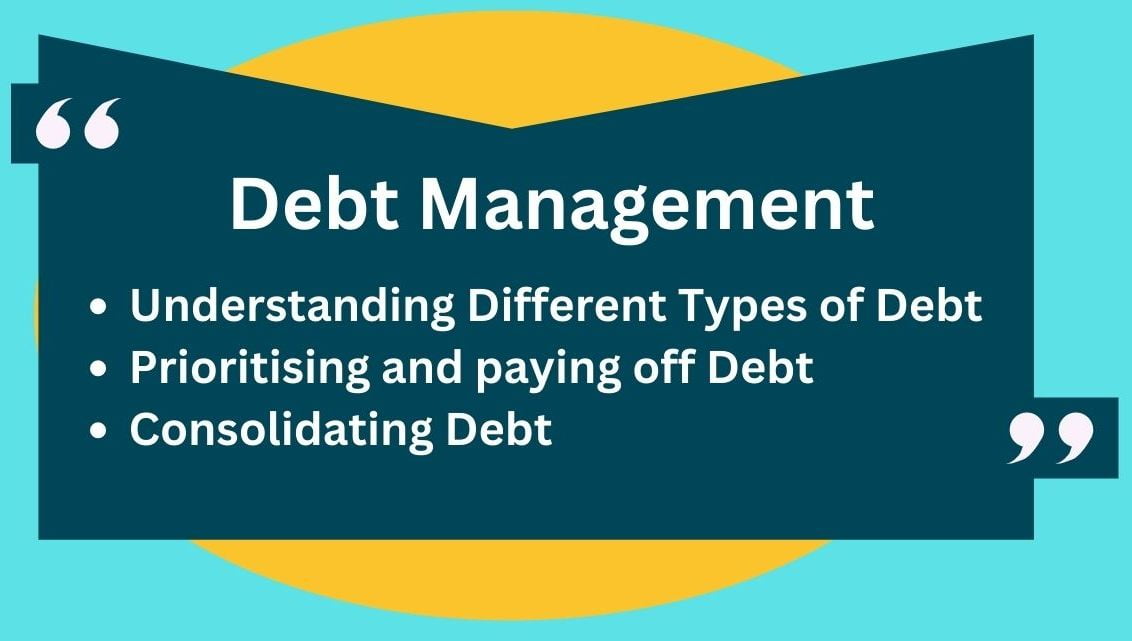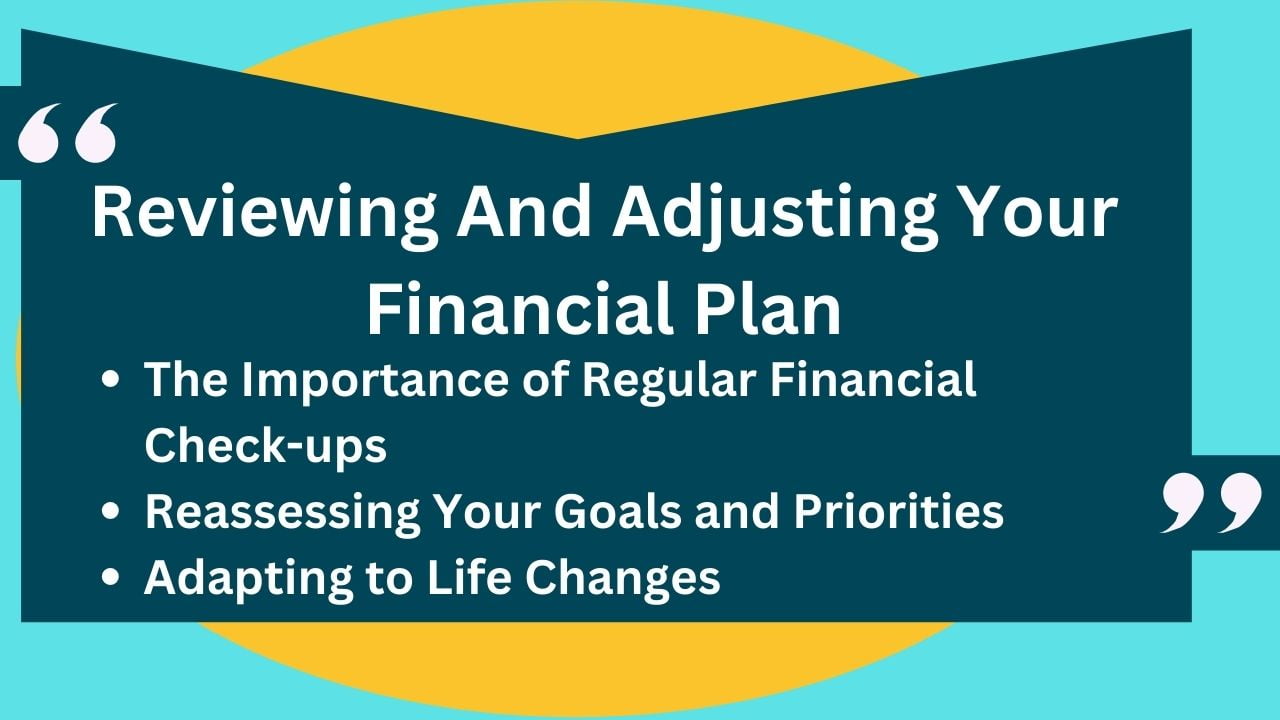Introduction
Whenever it comes to financial management, then Financial Order of Operations make a noticeable difference for achieving tour financial targets. It is very important to understand the right order of making budget, managing savings, investments and debt management. In this article, we will guide you through Financial Order of Operations; you will study to effectively handle your money in a step by step manner.
The Importance of Effective Financial Planning
Financial planning is very important to achieve our financial goals. It is a road-map which helps us to manage and allocate our financial assets to achieve our financial goals. Effective planning helps us in making informed decision of finances by controlling financial future.
The Need for Financial Order of Operations
Financial Order of Operations gives us step by step guidelines to manage our finances. It helps us in prioritising our expenses and assures us that we can make use of our resources in the best way. By following Financial Order of Operations we can take a good financial decision and it helps us in building better financial future.
Benefits of Following a Financial Order of Operations
There are many Benefits of Following a Financial Order. It helps us in managing our finances in better way and it assures us that we are investing in the best way possible. It helps us in achieving our financial goals and also helps us in avoiding the losses in the path.
Creating a Budget

What is a Budget and Why is it Important?
Budget is a financial planning which helps us in managing the outline of our income and expenses. It is very important because it helps us in tracking and prioritising our expenses and also helps in achieving our financial goals. With the help of budget you can actually watch where our money is going and then
We can easily manage our income and expenses.
Assessing Your Income and Expenses
For creating budget it is very important for us to know our income and expenses. Firstly we have to list up your Salary, Bonus and income from any other source. Then, List up all of your expenses, which include fixed expenses (rent, insurance, bonds etc) and variable expenses (Food, entertainment).
Categorising Your Expenses
When you understand what your expenses are then you need categorise your expenses. From which you will be able to track where your finances are going. And then you can easily cut of the unwanted expenses. General Categories include Home, Transport, Food, entertainment and Savings.
Setting Up Realistic Financial Goals
In the end we have to set up our financial goals which Is achievable and realistic. Which Include saving money for down payment of home, paying off debt and building up emergency funds. We should assure that the goals are realistic and achievable.
Building an Emergency Fund

The Importance of an Emergency Fund
Emergency funds are those funds which are kept aside for unexpected expenses, for example the expenses for medical emergency and job loss. Emergency funds are essential as absence of it can lead you to take loan or it can risk your retirement funds.
Determining the Size of Your Emergency Fund
For determining the size of your emergency funds first we need to calculate the monthly expenses and then multiply it to the number of months for which you want to save money. Maximum financial advisers, advice us to save money for 3 to 6 months.
Strategies for Saving
For building your financial funds, you can use high interest yielding saving account for your salary and automate the deductions. You can save any of the unexpected profits (Tax Refunds, Bonus) in emergency funds.
Debt Management

Understanding Different Types of Debt
There are two types of dept first is save dept and second is Unsafe dept. Safe dept is tied to a property or asset (Ex. Mortgage) and unsafe dept is not tied with any asset (Ex. Credit card)
Prioritising and paying off Debt
For prioritising dept firstly we have to pay high interest Debts (Ex. credit card) and then we have to focus on the other debts. Consider debt snowball method for paying off, which includes paying off small debts for increasing speed and motivation of paying off debts.
Consolidating Debt
If you have multiple high interest debts, then try to consolidate the lowest interest debts amongst them. It will simplify your Debt management and your money will be saved in long term.
Deciding Your Financial Goals

Power of deciding Goals
By deciding the financial goal you will always feel motivated and will be able to focus on your financial Path. Goals give us direction and motive and help you to make most of your money.
Short-Term, Mid-Term, and Long-Term Goals
Your goal can be categorised in Short term (1 year or less), midterm (1-5 Years) and Long term (5+ Years).You should assure that your goals are satisfying your values and priorities.
Making Goals SMART (Specific, Measurable, Achievable, Relevant, Time-bound)
For making your goals smart you should assure that they are specific (Ex. Paying off 5000$ debt on credit cards), Measurable (Ex. Easy to track), Achievable (In your budget), Relevant (Ex. Align your Values) and Time bound (Ex. Paying off debts in 12 months).
Invest In Your Future

Why Invest?
Investment can help you in maximising your money and achieving your long term goals. It will also help you keep pace with inflation and offset taxes.
Identifying Your Risk Tolerance
Investment always includes identifying your Risk and your Tolerance (that is ability to face losses in your investment). That will help you in choosing the right investment for your portfolio.
Diversification and Asset Allocation
You should always diversify your portfolio in different asset classes (Ex. Stocks, Bonds, Real-Estate).Which will help in minimizing your risk of loss. It prevents you from losing money due to a particular investment.
Retirement Accounts and Investment Vehicles
There are different accounts in which you can invest for your retirements such as 401(k)s, IRAs, and mutual funds. Consult with a financial advisor to determine which options are right for you.
Protecting Yourself with Insurance

The Importance of Insurance
Insurance can help you in saving the unwanted expenses which will occur due to natural calamities such as illness, accident and lawsuits Etc. It is very important to choose
Types of Insurance Coverage to Consider
Types of insurance coverage you may consider include health insurance, life insurance, disability insurance, and homeowner’s/renter’s insurance, among others.
Evaluating and Adjusting Your Insurance Policies
Periodically evaluate and adjust your insurance policies to make sure they still meet your needs. Make sure you have enough coverage to protect your assets and your future financial goals.
Continuing Education and Skill Development

Lifelong Learning for Financial Success
Continuous education and skill development can help us maximizing our income and achieving our financial goals. So always consider your field for classes and take certifications.
Enhancing Your Skill Set
Focus on the high demand Skill fields and align them as per your interests and values. It helps us to stay competitive in career.
Exploring New Career Opportunities
If the current job is not sufficient for achieving your financial goals, always search for the new career opportunities. Don’t be afraid of taking risks and Catching up opportunities.
Reviewing and Adjusting Your Financial Plan

The Importance of Regular Financial Check-ups
Tracking up your financials always helps us to align the finances in the right way. So it is advised to assess finances at-least once a year
Reassessing Your Goals and Priorities
Always reassess your goals and priorities and check them whether they are as per your needs and current values. Always align them to be on track.
Adapting to Life Changes
Life is unpredictable, and financial plans need to be adjusted as per requirement. If any happening like marriage, divorce, Job loss happens then always align your finances.
Conclusion
Ultimately, above well-structured Financial Order of Operations can lead to a more secure and prosperous financial future. Creating a budget Building an emergency fund Managing debt Establishing financial goals Investing wisely Protecting yourself with insurance Planning for retirement Considering estate planning and tax strategies Continuing education making charitable contributions, finding a balance between saving and spending, maintaining a healthy work-life balance, and regularly reviewing and adjusting your financial plan, you can take control of your finances and achieve long-term success.
Financial Order of Operations FAQ
Question: How often should I review and adjust my financial plan?
Answer: Asses your financial plan at-least once a year and adjust it is required as per your current Values and Requirements.
Question: Can I invest for retirement before paying off all my debt?
Answer: It always depends upon your current debt interests and return on the retirement Investments. It is recommended to always Consult financial adviser in such cases.
Question: What type of insurance coverage should I be looking into?
Answer: Insurance coverage that you should consider may include health insurance, life insurance, disability insurance, and home owner/renter insurance, among others
Read More ….
High net worth financial planning strategies that actually work
Buy Pancat Coin: Your Ticket to Profits in the Crypto Market
